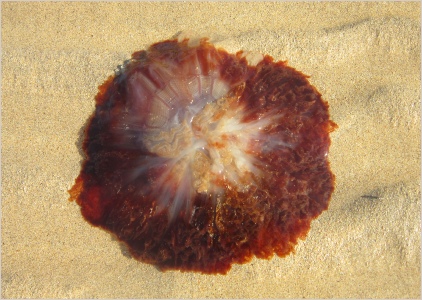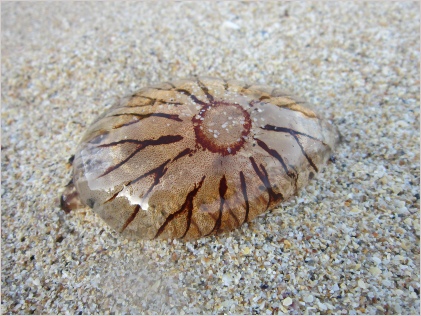Another Timbre TimHarrisonbre
at210 Laurence Crane ‘Natural World’
Juliet Fraser (voice & Casio keyboard)
Mark Knoop (piano & electronics)
A work for voice, piano and electronics from 2021, in three sections:
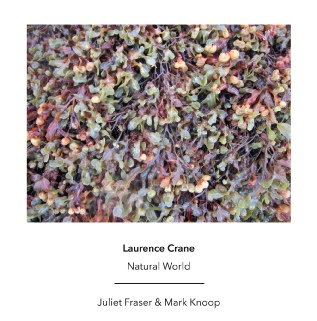
Interview with Laurence Crane
How did Natural World come about?
Juliet Fraser first asked me several years ago if I would write a piece for her and Mark Knoop; Juliet then raised the funds to commission me. The thing we agreed upon first was that it would be a piece on a large scale – though it’s turned out even longer than we’d imagined. We discussed the idea of a ‘song cycle’, which I suppose implies a substantial vocal work in several parts, with unified subject matter. I very much admire the work ‘Andersen-Liederkreis’ that Michael Finnissy wrote for Juliet and Mark, based on Hans Christian Andersen, and I felt I wanted to do something of similar ambition. So I was looking round for ages for what I wanted to write about, and Juliet then introduced me to the work of Rachel Carson, the American marine biologist who was active in the middle of the last century and who made some extremely important statements about what we were doing to the planet and its ecosystems. I then decided that I wanted to write something about the natural world. But I didn’t want to do it in a way that was beating people over the head with a ‘message’; it’s more like a reflection on aspects of the subject.
I’ve often cited your song ‘Tour de France Statistics’, where the text is literally a list of sports statistics, as a good illustration of how meaningless texts are in music. I suppose I’m quite hardline on this; I don’t like mixed media works with videos and so on, and I prefer music that is completely ‘abstract’ and non-programmatic, that doesn’t use texts or make any external references. But when I heard ‘Natural World’ live, everything went completely against that for me because, although you don’t refer explicitly to the climate crisis, it did make me start thinking about – or better – feeling the fragility of the eco-system in crisis, and it actually reduced me to tears. So were you wanting to say something of significance in this piece from the start?
Well, I don’t know. The piece that you refer to – ‘Tour de France Statistics 1903 – 2003’, to give it its full title – is another piece where I construct a text based on a list, and I’d already done this in an earlier work called ‘Events’, which I wrote in the 1990’s, and which uses lists of facts from small columns in The Guardian newspaper. So yes, I suppose this comes from a sense of texts in music being problematic, partly for the reasons that you suggest, but also because if you set an existing piece of poetry you immediately start to erode what that poem is by imposing your own musical activity on it. I heard Wilfred Owen’s poem ‘Strange Meeting’ read on the radio the other day; it’s a beautiful, sad and powerful poem, but I can’t hear it being read without immediately hearing Benjamin Britten’s setting of it in his ‘War Requiem’. I used to love that piece as a teenager, but I now feel that the music has changed the original poetry, whose own rhythms and internal ‘music’ have been obscured and altered by what happens in Britten’s setting. And so I’m very wary of setting poems, and prefer to go to something more neutral, like a list or something that is not so precious as a poem, and can adapt more easily to the musical activity. Another example would be my piece ‘European Towns’, the text of which also consists of lists.
‘Natural World’ begins quite playfully with not quite a list, but encyclopaedia-style texts about birds, but then at some point it shifts to a darker and more poetic place – that phrase ‘A strange place of beauty, the edge of the sea’ has been going round my head for ages – but one that also edges into environmental politics. Now in general I think that politics and music don’t mix well, and most attempts to combine the two just don’t work for me, but ‘Natural World’ is an exception in that it genuinely does make me feel things more deeply, or more sharply. Presumably you were intending to move into this kind of political engagement from the start?
No, I wasn’t actually! When I’m writing a piece I’m just trying to get from A to B, and when I started writing ‘Natural World’ I didn’t know that it was going to end like it does. I didn’t know it was going to be in three sections, and so I obviously didn’t know what the end section was going to be. I knew that there was going to be a long piano introduction to the first section, because I’d done something similar in ‘European Towns’, where Juliet doesn’t start singing until nearly 10 minutes in, and I liked that sense of scale. And I knew that the piano introduction was going to lead into a setting of a number of texts consisting of facts about birds, which I’d compiled, but at the start of working on the piece, that was all I knew really. So I had no vision of what the end was, and how it would turn out, right until the last few weeks of working on the score.
Wow, that really surprises me! What about the use of field recordings? Was that something you’d planned from the start?
It’s difficult to remember exactly what my process was at the time, but Mark Knoop is king of the sampler, and my friend Matthew Shlomowitz has written some great pieces for Mark where he uses the sampler. So I decided that I wanted to use a sampler but I didn’t want to use it in exactly the same way as Matthew does. At some point I just thought, well, if I’m writing about birds, then perhaps they ought to be aurally there! I’ve used tapes in other pieces, but I’ve not used field recordings before, and I thought this was the time to do it. Then I had the idea of the individual bird samples at the end of the first section morphing into the dawn chorus, which underpins the whole of the second section.
And then the sea recordings in the third section – the musical narrative takes a break for us all to listen to the sound of the sea itself. There are often many and disparate reasons for the things that happen in compositions and here I can think of two things that affected my decision to use recordings of the sea. The first was a memory of a piece by Richard Ayres, that was recorded by Apartment House around 15 years ago. The piece is called ‘Wallis’, after the Cornish painter Alfred Wallis, and towards the end of it, an unadorned recording of the sea is played back. I found the simplicity and directness of this moment very affecting when I first heard the piece. The second source is more oblique. There’s a scene in Andrei Tarkovsky’s film ‘Solaris’ in which is a car journey is made from the countryside to the city. No words are spoken at all and the scene focuses mostly on the roads driven on the journey and the other cars on those roads. There is an accumulation of sound and image as the car gets closer to the city, it’s beautifully paced and very powerful. The scene lasts around 5 minutes; it’s completely absorbing but contributes very little to the narrative. It was partly in my mind when I came up with the idea of using the sea recordings at this point in the third section of ‘Natural World’.
Did you make the recordings yourself?
No, they’re all from internet sources, and Mark edited them. The instruction in the score for the sea recordings is to take three or four recordings, play one for about a minute, introduce another one, then another one, and so a texture accumulates. He’s done it beautifully.
I also want to ask about the sense of melancholy at the end of the piece. This also happens in ‘European Towns’, which is like a lament for the ending of the UK’s membership of the European Union. But ‘Natural World’ is dealing with a wider sadness about what we are doing to the planet, and the fragility of the eco-systems that we’re destroying. Music does melancholy and lament very well, but is that something you were aiming at from the start, or did it just evolve as you were composing the piece?
Well, I think there’s a strong vein of melancholy in my music generally….
….it wouldn’t appear on Another Timbre if there wasn’t.
The most melancholic CD label on the planet! But yes, although there are other things going on in my music as well, I think that I am drawn to melancholy and it’s bubbling under the surface in most of my pieces. I suppose it’s something to do with the harmonies of the music, or the speed of it as well, and in this case I think there’s also something melancholic about synthesised sine tones. So melancholy is always there as a possibility, and it will come through at times like this.
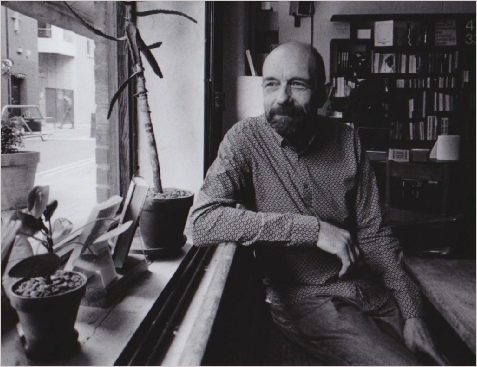
Laurence Crane
Photo by Anton Lukoszevieze
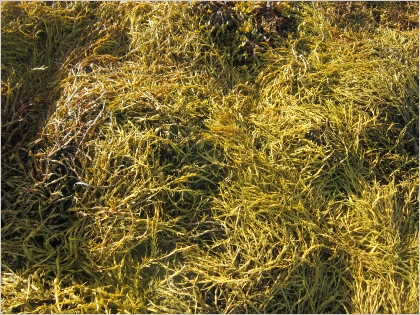
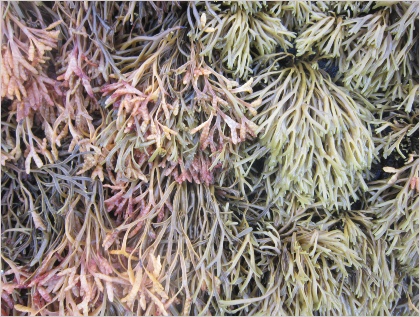
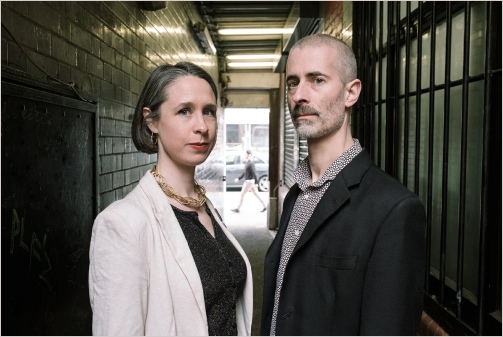
Juliet Fraser & Mark Knoop
Photo: Dmitri Djuric
